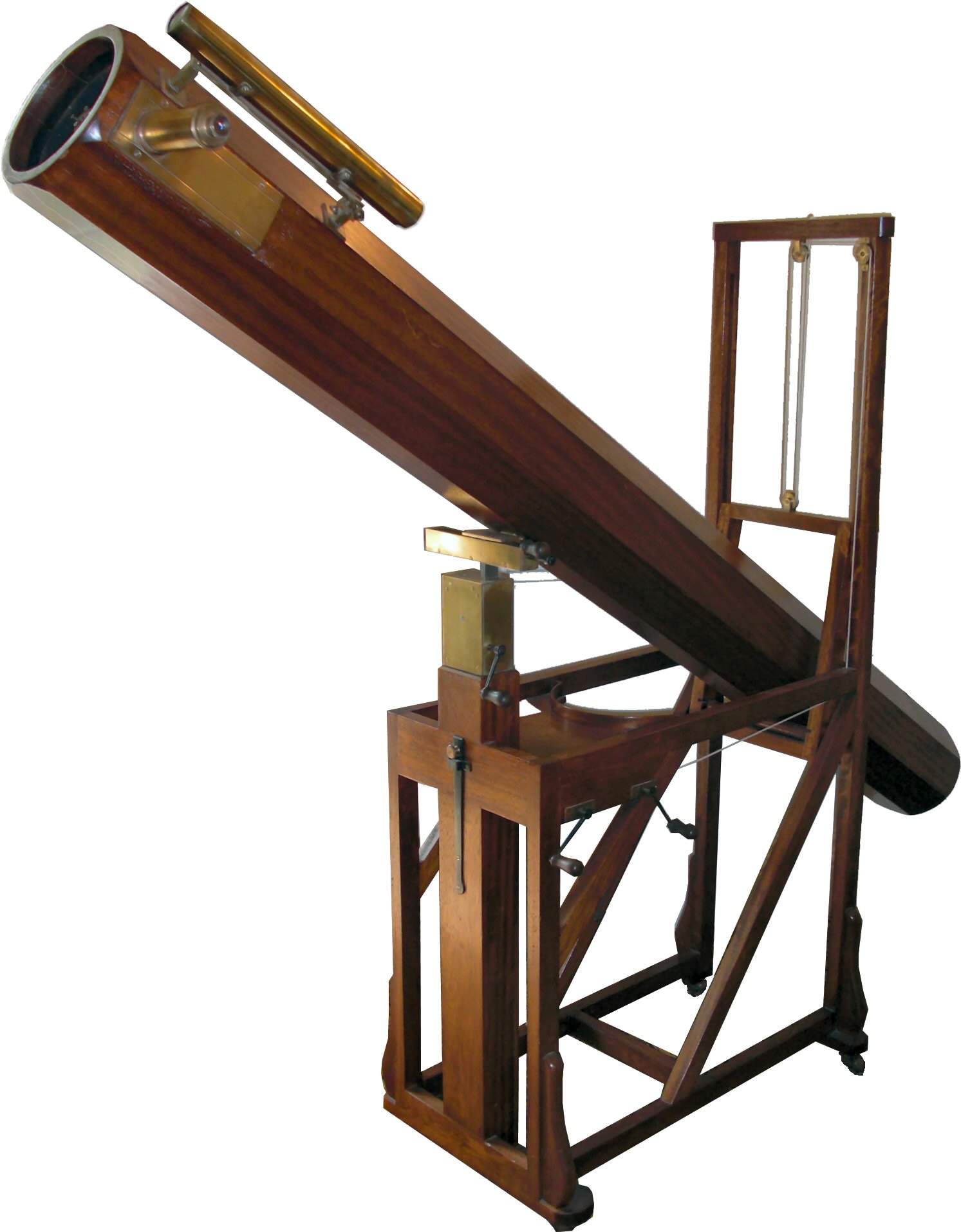We need not hesitate to admit that the Sun is richly stored with inhabitants.

"Sir Frederick William Herschel", Royal Guelphic Order/KH, Fellow of the Royal Society/FRS was a German-born British astronomer, composer, and brother of Caroline Herschel. Born in the Electorate of Brunswick-Lüneburg/Electorate of Hanover, Herschel followed his father into the Military Band of Hanover, before migrating to Great Britain at the age of nineteen.
Herschel became interested in astronomy in 1773, and after constructing his first large telescope in 1774, he spent nine years carrying out thorough sky surveys, where his purpose was the investigation of double stars. The resolving power of the Herschel telescopes revealed that the nebulae in the Messier catalogue were clusters of stars: catalogues of nebulae were published in 1802 (2,500 objects) and 1820 (5,000 objects). In the course of an observation on 13 March 1781 he realized that one celestial body he had observed was not a star, but a planet, Uranus. This was the first planet to be discovered since antiquity and Herschel became famous overnight. As a result of this discovery George III of the United Kingdom/George III appointed him 'Court Astronomer'. He was elected as a Fellow of the Royal Society and grants were provided for the construction of new telescopes.
If you enjoy these quotes, be sure to check out other famous scientists! More William Herschel on Wikipedia.All human discoveries seem to be made only for the purpose of confirming more strongly the truths come from on high, and contained in the sacred writings.
I have looked further into space than any human being did before me.
. . . finding that in [the Moon] there is a provision of light and heat; also in appearance, a soil proper for habitation fully as good as ours, if not perhaps better who can say that it is not extremely probable, nay beyond doubt, that there must be inhabitants on the Moon of some kind or other?
The phenomena of nature, especially those that fall under the inspection of the astronomer, are to be viewed, not only with the usual attention to facts as they occur, but with the eye of reason and experience.
If I were to pray for a taste which would stand by me under every variety of circumstances, and be a source of happiness and cheerfulness to me through life, and a shield against its ills, however things might go amiss, and the world frown upon me, it would be a taste for reading.
And it is doubtless our paramount duty, in every state of society, to alleviate the pressure of the purely evil part of this distribution, as much as possible, and, by all the means we can devise, secure the lower links in the chain of society from dragging in dishonor and wretchedness.
Copyright © 2024 Electric Goat Media. All Rights Reserved.